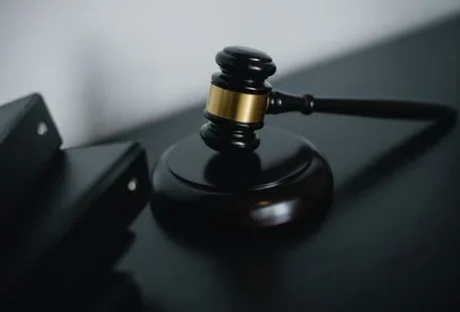When you go to work each day, you probably expect to return home safely. Of course, there are jobs that are more dangerous than others, like law enforcement positions or construction work, but for the most part, people don’t apply for a job they expect to be injured in regularly. Yet, accidents at work can happen any time and anywhere.
Victims of on-the-job injuries are required to file for worker’s compensation benefits. These benefits help you to pay your medical bills and compensate for time off of work due to your injury, but they don’t usually cover everything.
To ensure you get all of the rights that you are entitled to after an accident at work, here is what you need to do.
Your Next Steps After an On-the-Job Injury
First, you’ll need to be sure to get medical care as soon as possible. If it’s a serious injury, head straight to the emergency room without any other concerns, but then follow up with your employer for a list of physicians who can continue treating you under your worker’s compensation plan. Skipping this step can result in denial of any other benefits, including lost wages.
You’ll need to be sure you follow the proper protocols for reporting your injury, too. Heading to the emergency room is the one time you can skip this step, but be sure that you file a report of your injury as soon as you can to your employer.
In the report, document all details of the accident and your injury. If you went to the hospital afterward, include the hospital name and dates and copies of any discharge records you were given. This report is crucial, no matter how minor you feel your injuries are because more serious injuries are often silent and crop up later on, but filing for a worker’s compensation claim has strict deadlines attached to it.
Once you have been assigned a doctor to go to for treatment, be sure to attend your visits regularly and follow the doctor’s orders. If you stop treating before the doctor releases you, you may lose your worker’s compensation benefits, but even worse, you may end up with more serious injuries if you were not fully healed.
As you are going through these steps, take care to document all of your missed work and save the receipts for any money that you spend on your treatment. These out-of-pocket expenses can include everything from gas mileage to head to the doctor to prescriptions and medical treatment that was not paid for by your worker’s compensation plan. Should you choose to file a lawsuit later, you may be able to recoup all of these expenses and more.
Finally, take the time to talk to knowledgable workers’ compensation accident attorneys. They can guide you along this difficult path, advise you on what you can expect to deal with, and inform you of your rights. Whether you think you may choose to pursue a lawsuit or not, it’s always a smart idea to know your legal options.
Follow These Steps to Your Recovery:
The most important aspect that happens after an accident is your recovery. By following these few basic steps, you should have nothing standing in the way of your healing and you can focus on getting better rather than the stress of getting your medical treatment covered.
Read Also:






















